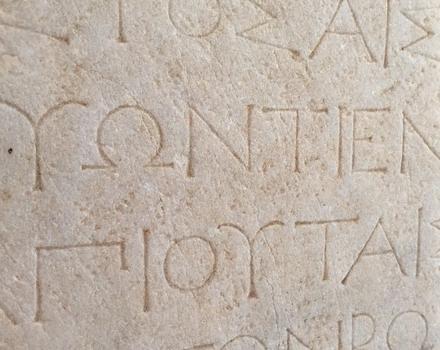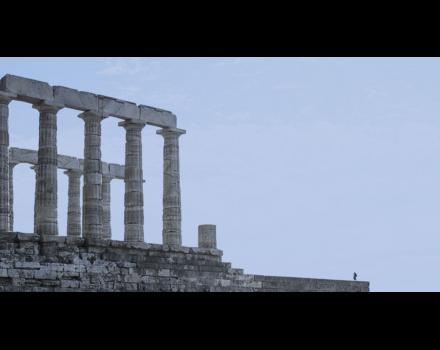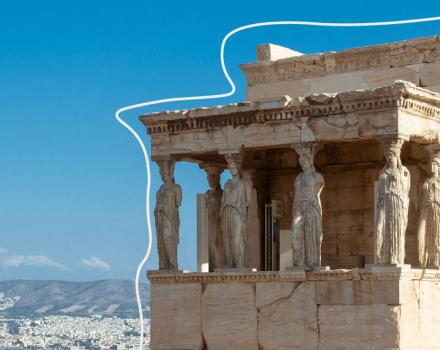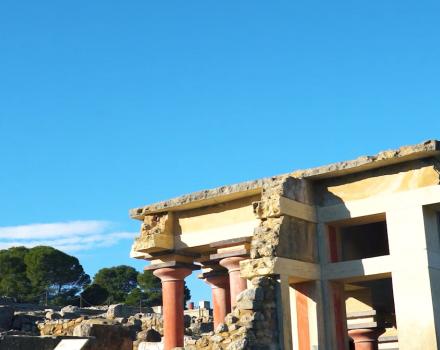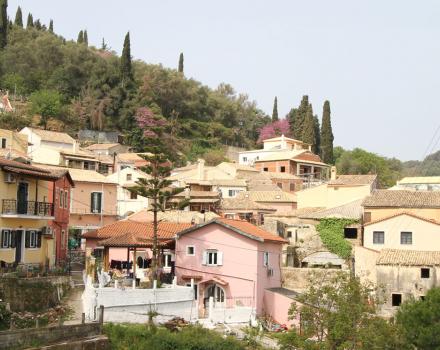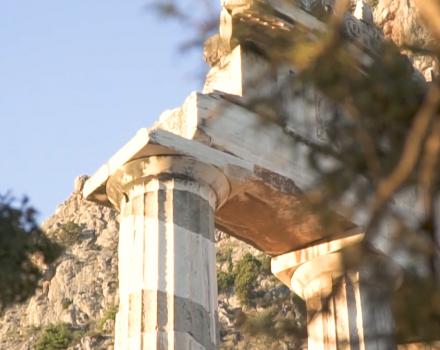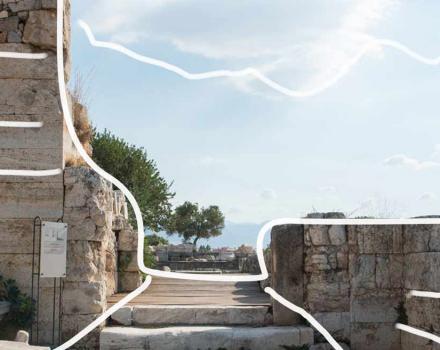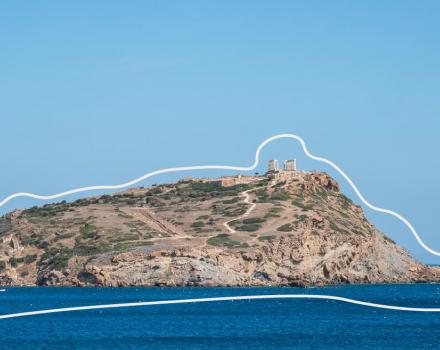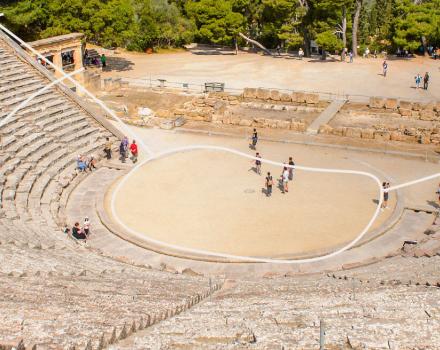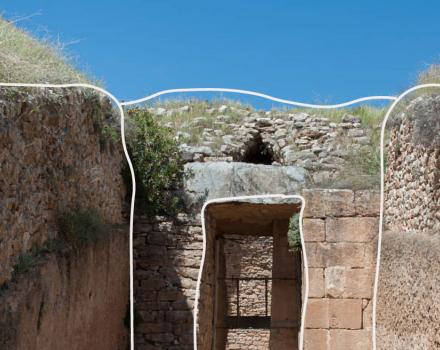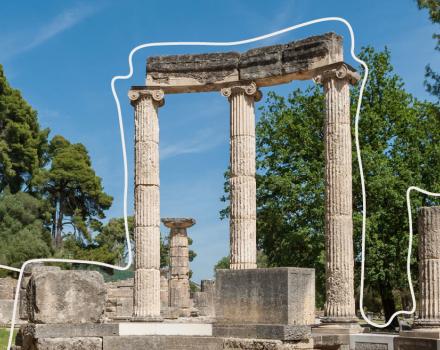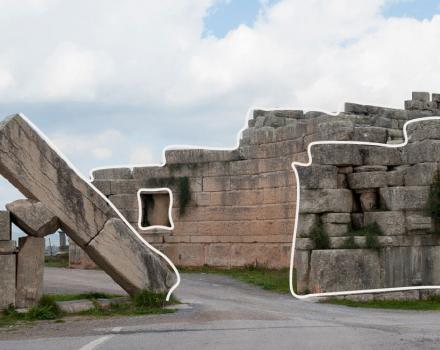Today, we will travel back to the origins of a word you might hear often: “chaos.” The Greek word is «χάος» (háos), and believe it or not, this word is as ancient as the cosmos itself!
The first mention of chaos traces back to the 8th century B.C. with the Greek poet Hesiod. In his epos, “Theogony,” Hesiod introduces us to the universe with the words, “First there was Chaos.” He describes the birth of the cosmos as a whirlwind of planets and stars, spinning across the vast, unending expanse of space. From this primordial chaos, the foundations of the world and its gods were formed, setting the stage for all of creation.
Contrary to common belief, chaos does not always signify something negative. Indeed, it often implies disorder or unpredictability, but chaos can also be the birthplace of creativity and new beginnings. Think of it like mixing various colors of paint on a palette - without a bit of chaos, nobody would discover the beautiful new hues that emerge.
Chaos is frequently linked to another intriguing word: “abyss.” This term also comes from Greek «ἄβυσσος» (ávissos), formed from α- (without) + βυσσός (depth), suggesting a profound, impenetrable depth similar to the darkest parts of the ocean. The abyss is not just a place of darkness but a realm of wonder and enigma, much like the captivating stories we read or the dreams that visit us in the night. There is an undeniable thrill in exploring these depths and discovering the mysteries they hold.
So, next time you encounter the words “chaos” and “abyss,” remember that these, like many others that we use everyday, come from Ancient Greek. Until next time, keep exploring the wonderful chaos of the world around you and revel in the mysteries it unfolds.
Isn't it exciting to see how deep and interconnected language is, especially when traced back to Ancient Greek? For those eager to look deeper into this rich linguistic heritage, the University of Athens offers the “Classical Greek Level A” course through its E-learning department, perfect for all ages interested in exploring the roots of Western language and thought. Discover more about this course and join us on a journey through time!
